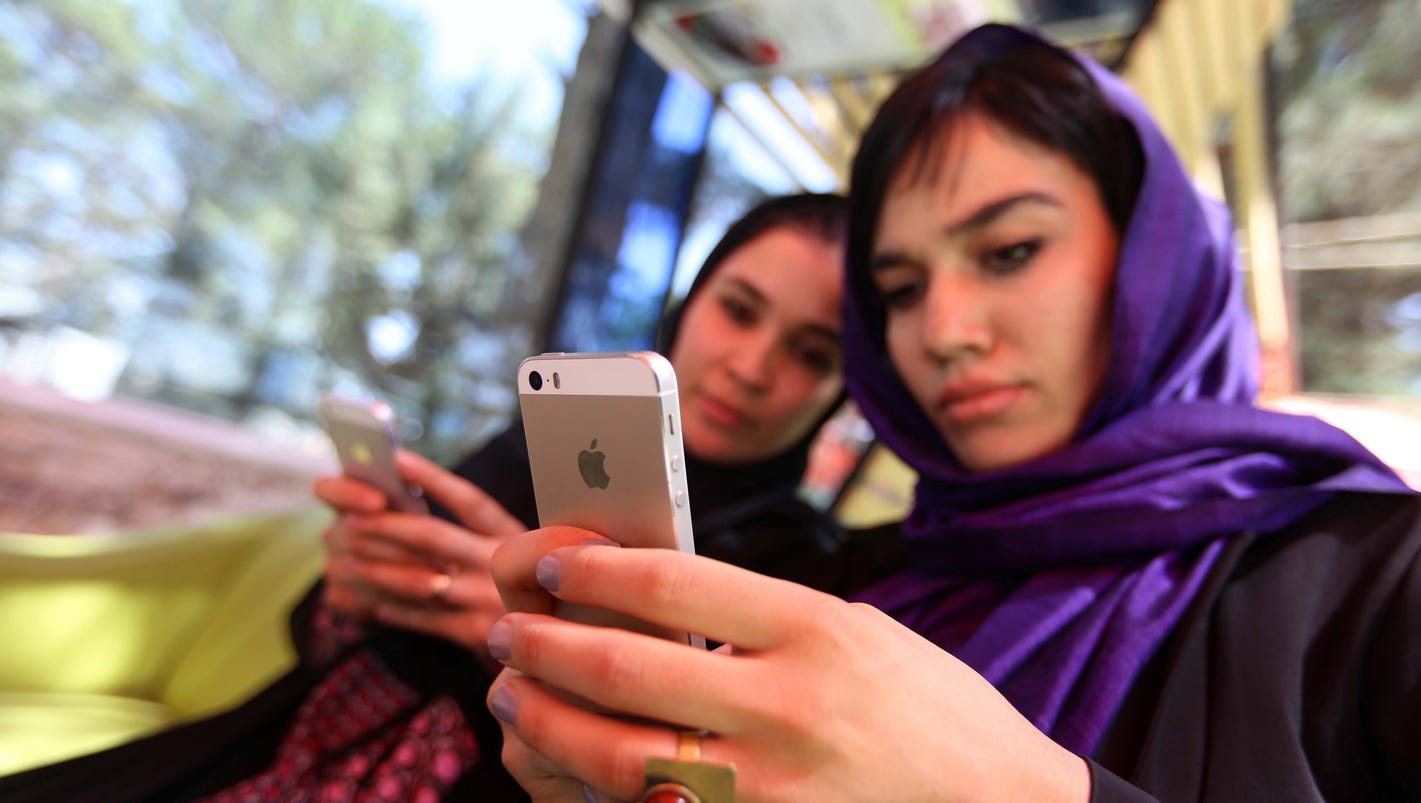
"What`s your mother`s name?" It might sound like a simple question with a straightforward answer. Not in Afghanistan.
According to Afghan tradition, it`s taboo to publicly reveal a woman`s real name. Any time an Afghan man wants to identify a female relative, a verbal dance begins.
Black-headed, Milk-sharer, Mother of Children, My Household. Those are just some ways men refer to women.
Noorjahan Akbar, founder of Free Women Writers, has a lot of concern about the expression "Black-headed." "It means that you are somebody to be pitied, because black is often associated with loss and grief and sadness," she explains.
Milk-sharer means one with whom you shared a mother`s milk: a sibling. It`s also common to refer to women using the name of a male relative.
"So I could be called `the daughter of my father,` or `the wife of my husband,` or `the mother of my son,`" says Akbar.
But recently, a social media campaign is seeking to change that. Using the hashtag #WhereIsMyName, Afghans (and others) have been discussing this custom online.
Bahar Sohaili, a women’s rights activist and writer based in Kabul, says that a worker she hired to do some work around her house referred to her as "mother of her son."
"I asked him `why don`t you use my own name?`" she says, "and he answered `well, that`s a common practice.`"
When Sohaili challenges men about their choice of wording, she says, they often respond that a woman`s name is too sacred and valuable to be tossed around in public. To her, that is just one way in which women are marginalized in Afghan society. It`s sexism and discrimination.
Akbar feels the same.
"In addition to being extremely disrespectful, it has real-life implications," Akbar says.
For example, women`s names don`t appear on their children`s national ID cards. Not only that, they are not able to apply for ID cards for them without the father present.
"We carry children in our bodies, we bring them into the world and we take care of them and we are held responsible if they fail, but we never get credit for being their mothers," Akbar says.
So what is it about a woman`s name that makes using it in public taboo?
Akbar says it goes back to how some men use women`s bodies in arguments. She says, often, instead of disrespecting each other, men make threats (often sexual threats) against the women in the other person`s family. And the threats become more real if they use the woman`s name. "So the idea is that if people know my sister or my mother`s name, they will use it to disrespect me or her body," she says.
In addition, she says, traditionally women are regarded as a man`s property. "We are told `you belong to your father and your name belongs to your father until you get married, and then you are a gift to your husband.`"
Meanwhile, the campaign has sparked debate both online and off. Both Akbar and Sohaili say they`ve been invited on radio and television to talk about it. They say some Afghan men have also joined in the conversation.
They know there is a long road ahead, but they say they`re hopeful that one day, Afghan women won`t be denied their names.
This article originally appeared on PRI. Its content was created separately to USA TODAY.
MORE FROM PRI.ORG:
More: Immigration detention quotas cost taxpayers billions
More: The courts called him a terrorist, but judge and politicians want him to stay
More: Venezuela is on the brink of civil war. Here`s how its neighbors could stop it.
Read or Share this story: https://usat.


0 comments:
Post a Comment